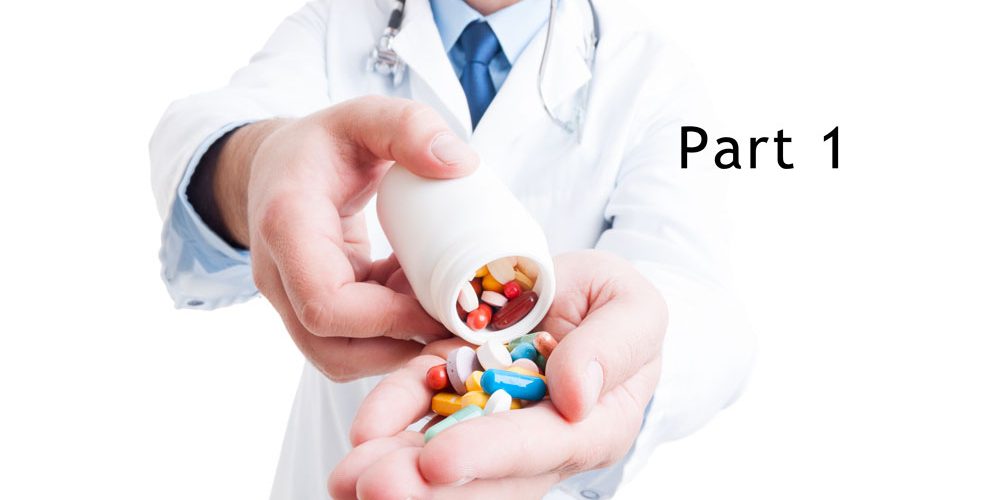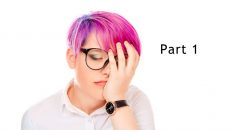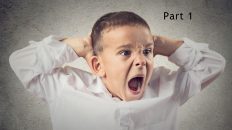By Jerry Morris, PsyD, MsPharm, MBA
MB (Marc Braman, MD, MPH):
Our topic this session is the role of medications. Thank you for being with us, Dr. Morris.
JM (Jerry Morris, PsyD, MsPharm, MBA):
Glad to be here, Marc.
MB:
So, as we put together a comprehensive treatment approach for pretty much any condition, medications are what most people think of in terms of the primary treatment but what we want to do is actually look at the facts and the science and come up with an evidence-based understanding of how medications fit in to most treatment plans. So you’re in a unique position being a psychologist and a psychopharmacologist and in medical settings with hospitals and whatnot, to help us sort this out. So in broad strokes, where does medication fit in?
JM:
Yes, Marc. This is really one of the greatest areas of both concern and opportunity for health practitioners and especially in the field where psychoactive medications are involved. In the first place, there are many conditions that we must bring under rapid control and techniques such as medication imposing high structure like inpatient residential day treatment concerns and techniques are really important, but they should be short-term, and they are not seen as a stand-alone treatment but they are really involved in stabilizing rapidly a condition. And the reason for that is, they all have limited effect, they also have a cost-benefit where if you do these kind of both medication interventions or these highly structured life-disruptive interventions, they have side effects and they have problems that go with the good things that they also bring to the treatment.
MB:
So, I’m hearing they’re especially useful in the acute setting or when there’s a really serious active problem to get people out of that emergent situation.
JM:
Yes, and to get them, Marc, more open to accepting change-oriented parts of the treatment plan.
MB:
Okay, and this is probably true especially for mental health conditions and crises?
JM:
True.
MB:
In a broader context and in a chronic state, when they’re not in emergency, give me some concept of: are medications, 90% of effective best treatment? Are they 50%? As a general rule, where does this shake out?
CDC: Too Many ADHD Kids Get Drugs First Guidelines calling for behavioral therapy as initial therapy widely ignored. Gever, John. (2016, May 3). Pediatrics, MedpageToday. Retrieved from http://www.medpagetoday.com/Pediatrics/ADHD-ADD/57671.
Antidepressant Medication Claims are ineffective and misleading. Morris, J. A., & Caccavale, J. L. (2013). In Medical Psychology Practice and Policy Perspectives, Caccavale, J. (Editor). NAPPP Books. LA, California.
Failure To Serve: A White Paper on The Use of Medications As A First line Treatment And Misuse In Behavioral Interventions. Caccavale, J., Cummings, N., Morris, J., Reinhardt, D., Rubin, H., Wiggins, J. (2010b). This report was prepared by: The National Alliance of Professional Psychology Providers, www.nappp.org.
America Fooled: The truth about antidepressants, antipsychotics, and how we’ve been deceived. Scott, T. (2006). Argo Publishing, LLC., Victoria, Texas. pp. 157-186.





